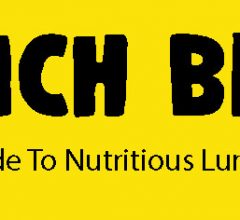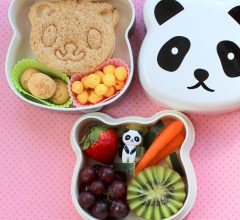There are 8 types of B vitamins which often work together in the body but who also have individual functions to keep us healthy. The B vitamins are: Thiamin (Vitamin B1), Riboflavin (Vitamin B2), Niacin (Vitamin B3), Panthothenic acid, Vitamin B6, Biotin (Vitamin B7), Folic Acid (folate) and Cobalamin (Vitamin B12).
Thiamin, also known as Vitamin B 1 helps to release energy from food in the body. It also plays role in keeping our nervous systems healthy. Good sources of thiamin include dried and fresh fruit, wholegrain breads, nuts and seeds, pulses and legumes and in fortified breakfast cereals.
Riboflavin (Vitamin B2): This helps to release energy from food along with keeping eyes, skin and nervous systems healthy. Riboflavin can be found in foods such as rice, eggs, milk and fortified breakfast cereals.
Niacin (Vitamin B3): This B vitamin also helps to release energy from food and keeps eyes, skin and nervous systems healthy. Niacin also plays a role in maintaining cardiovascular healthy when it is the form of nicotinic acid.
Pantothenic acid (Vitamin B5): This can be found in nearly all meat and vegetables and helps to release energy from food.
Pyridoxine (Vitamin B6): This is involved in over 100 cellular reactions in the body including it’s function in helping to produce and store energy from protein and carbohydrates and in forming haemoglobin in red blood cells. Foods such as chicken, eggs, fish, milk, vegetables and soya beans all contain pyridoxine.

Biotin (Vitamin B7): Biotin helps to maintain healthy skin, heart and nails and is used to break down fat in the body. Sources of biotin include eggs, cauliflower, cheese, mushrooms and spinach.
Folic acid (folate): This helps to form healthy red blood cells in the body and helps to reduce the risk of neural tube defects in the unborn child. Good sources include green vegetables, chickpeas and fortified breakfast cereals.
Cobalamin (Vitamin B12): This is involved in DNA synthesis, making red blood cells, the release of energy from food and helps to keep the nervous system healthy. Sources of cobalamin include meat, milk, cheese, eggs and salmon.












